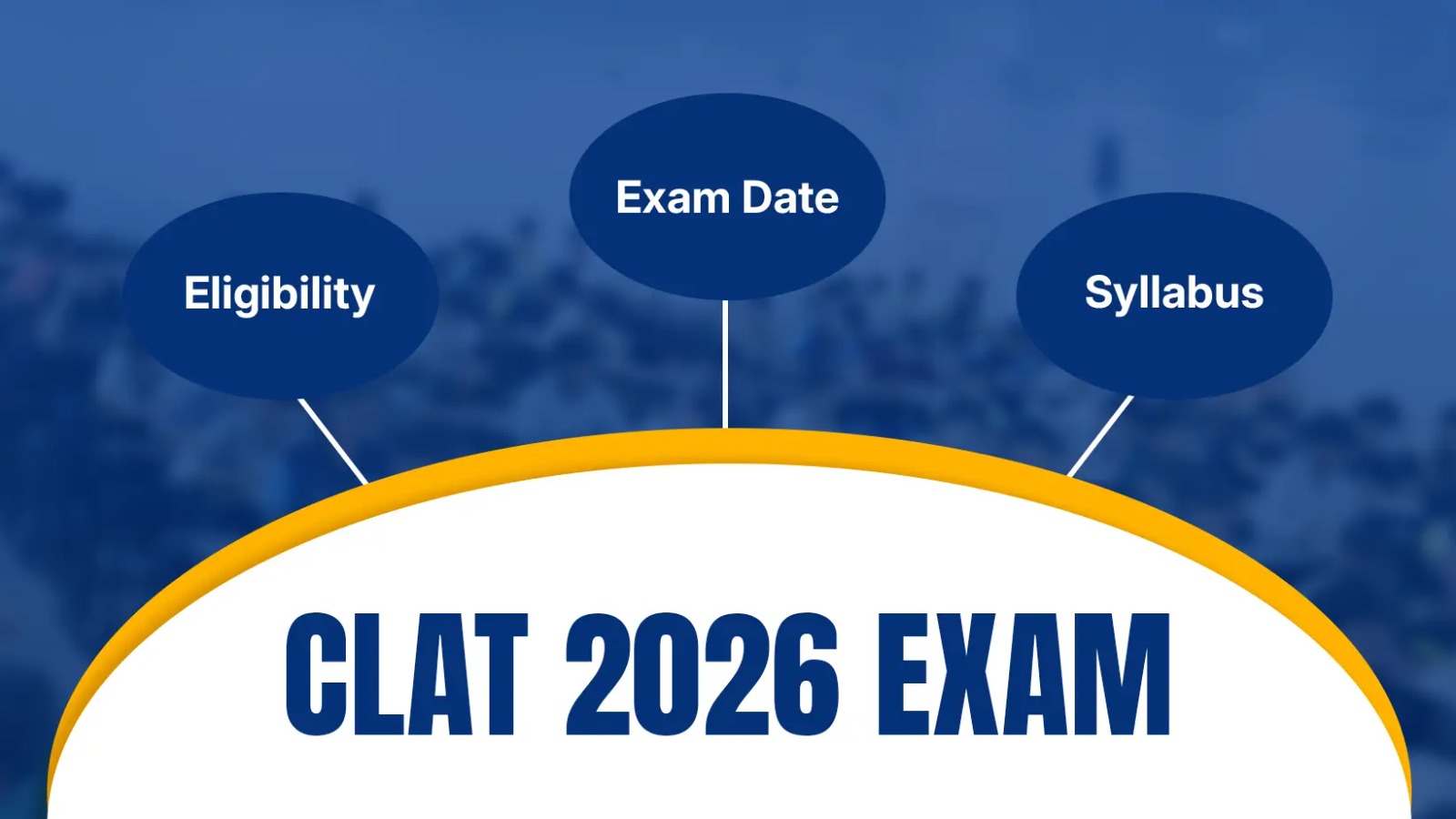B.M. Lal, J.
This is a petition u/s 438 Criminal P.C. 1973 (hereinafter referred to as the Cr. P.C.) for grant of anticipatory bail in the event of petitioner''s arrest for offence punishable under S.376 Penal Code (hereinafter referred to as IPC).
His case is that though he is a permanent resident of Jabalpur but at the relevant time was serving as Assistant Surgeon in Bhusawal Hospital, district Jalgaon (Maharashtra State), where case u/s 376 IPC is registered against him.
The applicant moved an application before the learned Sessions Judge, Jabalpur who rejected the same, against which this petition is filed.
Before entering upon merits of the case the short question arises in this petition
"Whether a High Court can grant anticipatory Bail in respect of an offence committed or. registered outside its territorial jurisdiction?"
Learned Counsel Shri H. S. Dubey appearing for the applicant contended that in exercise of jurisdiction u/s 438 Cr. P.C. the Sessions Judge or the High Court can grant bail for offence committed or registered in one Slate i.e. in Maharashtra in the present case and arrest likely to be made in another State i.e. Madhya Pradesh, the High Court in later state has jurisdiction to entertain the petition u/s 438 Cr. P.C. In support of his contention learned counsel cited numerous decisions at the bar.
Learned counsel submitted that in B. R. Singh v. Stale of West Bengal 1982 Cri LI 61 the Calcutta High Court ruled that (at p. 63)
"It is true that a court takes cognizance of an offence but in an application for bail or anticipatory bail, the court is concerned with the petitioner. In our view if the petitioner resides within the jurisdiction of a particular Court his application is certainly entertain-able by that Court."
Similar view has been taken by Delhi High Court in
"The petitioner apprehending his arrest at Delhi, prima facie, therefore, this court has jurisdiction to grant him not only interim bail but to confirm the same within the purview of Section 438 Cr. P.C. though the offence was committed in the State of Punjab, but the petitioner residing in Delhi. The conclusion is based on apprehension of arrest at Delhi."
Likewise in Dr. L. R. Naidu v. State of Karnataka 1984 Cri LJ 757 Karnataka High Court followed the Calcutta and Delhi view.
Bombay High Court in
"If the arrest is likely to be effected within jurisdiction of a particular High Court, the person apprehending arrest has the remedy of applying to the court even if the offence might have been committed in some oilier Slate."
However, Punjab and Haryana High Court in
"Bail in respect of an offence, only the High Court within whose jurisdiction the offence is committed has jurisdiction under S.438, Cr. P.C."
Jammu & Kashmir High Court in
X. Having gone through the decisions referred to above, with great respect lo the learned Judges, I find myself unable to reconcile with the reasonings arrived at by the Calcutta, Delhi, Bombay and Karnalaka High Court, and agreeing with the view taken by the Punjab & Haryana and Jammu & Kashmir High Courts, I would like lo give my own reasonings.
To begin with, I do not see any ambiguity in formation of the provisions of Section 438, Cr. P.C. calling any judicial probe for elasticity resolving venue of jurisdiction. In this context the legal position as to power of the Court lo interpret the statute is not disputed on the principle jus dicere et non jus dare i.e. Court can declare the law but not make it. Therefore, it is not disputed that Court''s jurisdiction is a creature of statute and it cannot usurp the jurisdiction particularly when there is no scope, for interpretation of the statute. As such in the garb of interpretation of statutes by assuming jurisdiction the Court cannot discharge the function of the legislature in making law. See Magor and Saint Mellons Ruler District Council v. New Port Corporation (1951) 2 All ER 839 (HI.).
Bare reading of" the provisions of Section 438, Cr. P.C. does not spell out that such a petition can be filed where the offender resides or apprehends his arrest. Therefore, provisions of Section 438, Cr. P.C. is lo be construed in the manner as it stands, applying the principle absolute sententia expositore non indiget, i.e. where the language is plain, unambiguous and admits only one meaning no question of interpretation arises. In or
"The first and primary rule of construction is that the intention of the legislator must be found in the words used by the legislator itself. Question of interpretation arises only when the language is ambiguous and therefore, capable of two interpretations."
Similarly, in
"Every clause of a statute is to be construed with reference to the context and other clauses of the Act, so as, as far as possible, to make a consistent enactment of the whole statute. (Per Lord Davey in Canada Sugar Refining Co. Ltd. v. R. (1898) AC 735 (Canada)."
This being so, while interpreting the provisions of Section 438, Criminal P.C. in respect of venue of jurisdiction of the Court, provisions of Chapter XIII Cr. P.C. cannot be lost sight of, which particularly deals about the jurisdiction of Criminal Courts in enquiry and trial. Therefore, no room of doubt is left in arriving at the conclusion that jurisdiction of a Criminal Court, may be for a trial or for considering bail matter u/s 439 or 438 Cr. P.C arises with reference to the offence and not the place where the accused apprehends his arrest, or resides.
In the light of the above discussion, as a rule of interpretation, in order to ascertain the venue of jurisdiction of the Court, provisions of Section 438, Cr. P.C. have to be read along with other relevant provisions of Cr. P.C. and combined reading of Section 438, Cr. P.C. and Chapter XIII, Cr. P.C. which is explicit, denotes that the jurisdiction to try the accused for an offence alleged has to be determined from the area within which the offence is committed and not the place where the offender may be found or residing.
Therefore, this legal position is not disputed that the venue of jurisdiction to try an accused for an offence alleged derives from the statute, either from the statute which creates the Court or from the Statute which defines the offence, and where the Court are specified in particular enactment by which venue is created having jurisdiction to try the offence, it is only such court that can try the offence and a trial by any other Court becomes corum non-judice. This being so, by virtue of the provisions of Section 177 appearing in Chapter XIII, Cr. P.C, every offence shall ordinarily be enquired into and tried by a Court within whose local jurisdiction it has been committed and eventually petition for bail would also lie where the offence is being tried.
This is more so because consideration of anticipatory bail requires expeditious disposal for which accusation and evidence in support thereof etc. are to be examined, without loss of lime and the same cannot be available immediately on account of communication gap and particularly instant command over the area where the alleged offence is committed, due to barrier of territorial jurisdiction. If the area where the alleged offence is committed, is not within the territorial jurisdiction of the Court this practical difficulty would defeat the very purpose of bail, if a High Court or Sessions Judge entertains bail petition on the basis of apprehension of arrest or where the offender resides, and, therefore, the view taken by the
Delhi, Karnataka, Calcutta and Bombay "High Courts does not seem to be workable.
In the instant case, offence alleged u/s 376 is said to have been committed by the petitioner at Bhusawal, district Jalgaon (Maharashtra State), hence venue of trial would be Sessions Court, Jalgaon and certainly not Jabalpur (Madhya Pradesh). Therefore, the bail petition, may be u/s 438 or 439, Cr. P.C, being an incidental matter to the original trial of the case, could only be presented in the Court where the alleged offence is triable, in the instant case, Sessions Judge, District Jalgaon, and the bail petition either at Jalgaon Sessions Court or Bombay High Court may be presented.
Thus, the present petition u/s 438, Cr. P.C. suffers from jurisdictional impediment and, therefore, it be returned to the petitioner for its proper presentation, if so advised, before the appropriate Court having jurisdiction to seize in the matter. Ordered accordingly.

